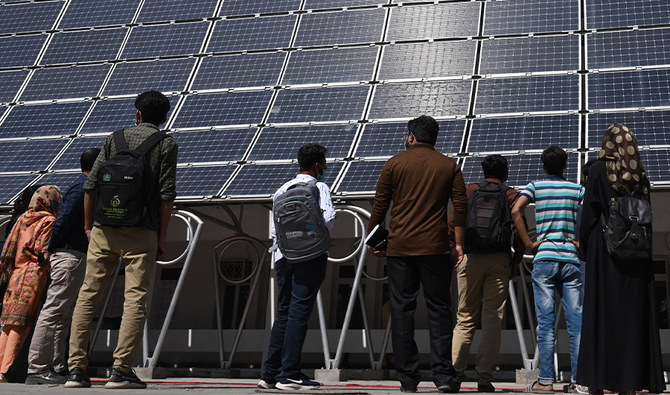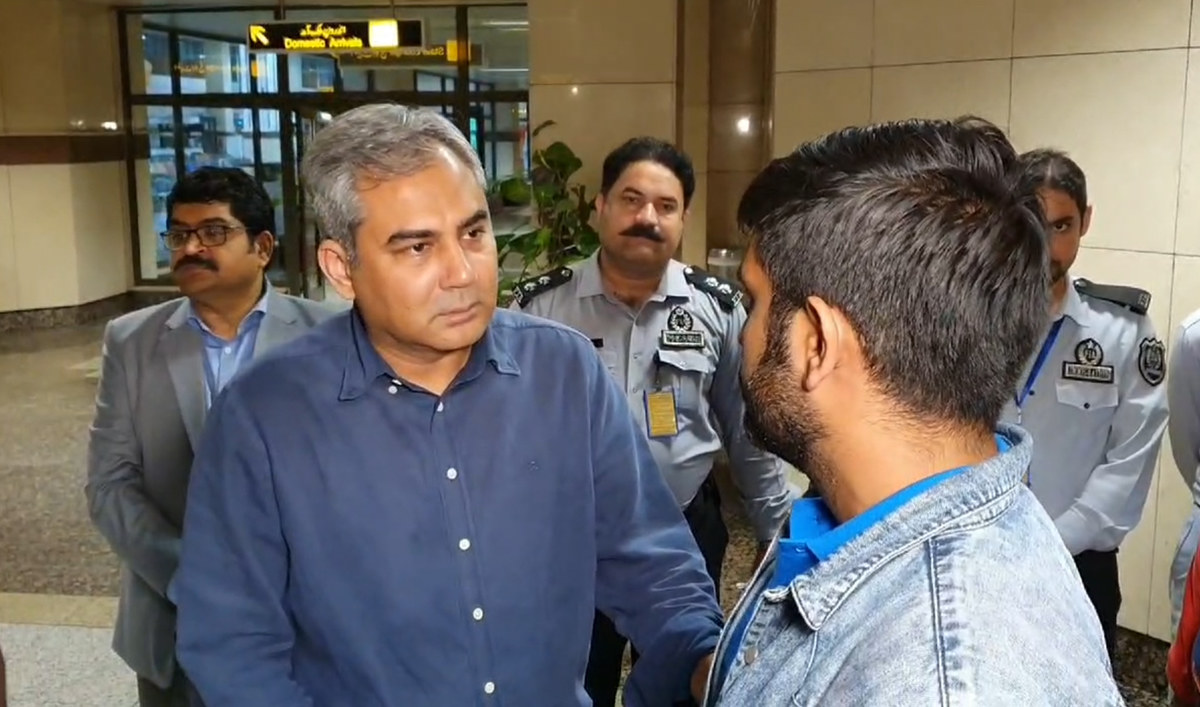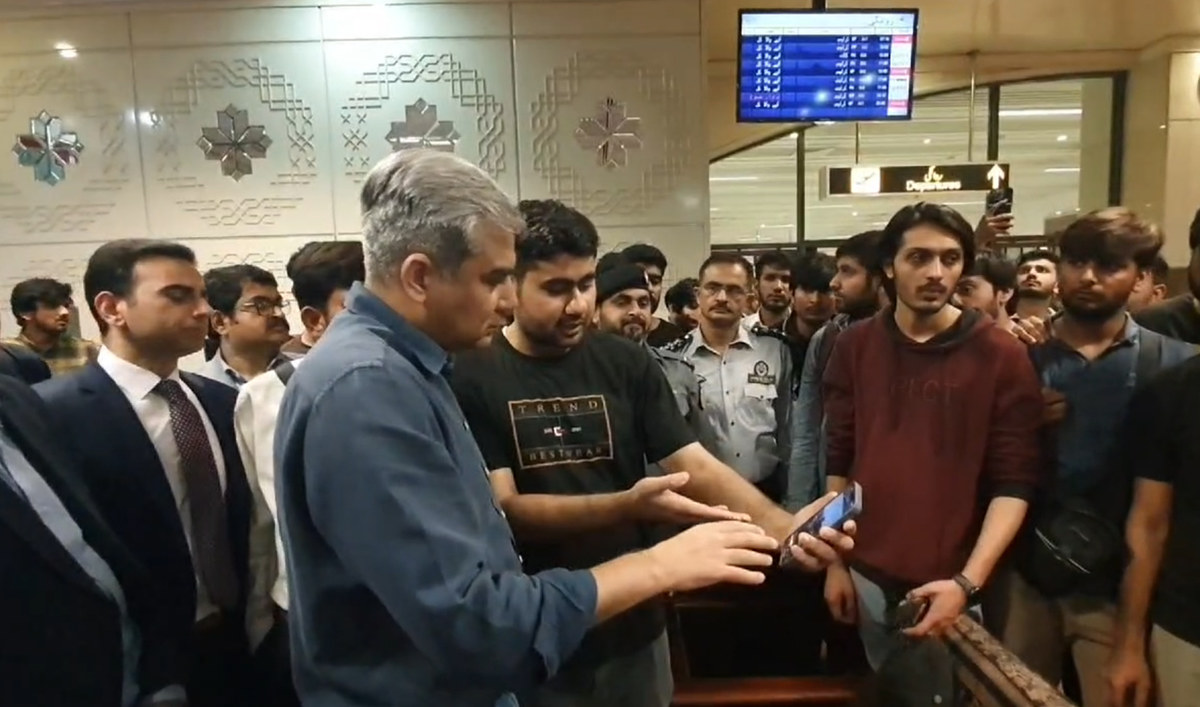ISLAMABAD: The Pakistan government said on Saturday net-metering was promoting unhealthy investments in installation of solar power by affluent domestic and industrial consumers, hinting at cutting the buyback rates to discourage uptick in the sector.
The government approved the net-metering policy in 2017, allowing solar panel purchasers to sell power they produced to the national grid to spur the solar energy use and cut power shortages. Under the policy, the government is paying Rs21 per unit for the net-metered electricity which the government says is resulting in the subsidy of Rs1.90 per unit, burdening the government.
This development comes at a time when the price of solar panels has plummeted by more than 60 percent in Pakistan in recent weeks due to the bulk imports from China because of lower rates, making the country witness a surge in the solar power installation by domestic and industrial consumers to reduce their electricity bills.
“The present system of net-metering is promoting unhealthy investments in solar power,” the energy ministry said in a statement on Saturday. “Affluent consumers have been massively installing solar power due to which domestic, industrial consumers and the government have to bear the burden of Rs 1.90 per unit under the head of subsidy.”
The ministry warned the subsidy was affecting some 25 to 30 million “poor consumers,” and if the trend of the solar power continued, the bills of ordinary consumers would surge by at least Rs 3.35 per unit. However, it clarified no fixed tax was being imposed on the solar power.
The 2017 net-metering policy was aimed at promoting renewable energy in the system, which helped enhance the solarization in the country that now “needs to be balanced,” the ministry said.
Pakistan has ideal climatic conditions for solar power generation, with over nine hours of sunlight in most parts of the country. Utilizing just 0.071 percent of the country’s area for solar photovoltaic (solar PV) power generation would meet Pakistan’s electricity demand, according to the World Bank.
Currently, only 5.4 percent of Pakistan’s installed power generation capacity of 39,772 megawatts comes from renewables like wind, solar and biomass, while fossil fuels still make up 63 percent of the fuel mix, followed by hydropower at 25 percent, according to the National Electric Power Regulatory Authority (NEPRA).
The South Asian nation of 241 million aims to shift to 60 percent renewable energy by 2030 with 50 percent reduction in projected emissions, but it stands far behind in meeting the goal despite a recent surge in the solar power.
Energy experts said the government’s “inconsistent” solar power policies would result in discouraging the sector and its failure in meeting the national and international commitments of cutting the greenhouse gas emissions.
“Public sector the world over is promoting renewable energy to cut fossil fuel while we are discouraging consumers with regressive policies,” Aamir Hussain, chairman of Pakistan Alternative Energy Association, told Arab News.
He said the association had suggested the government to issue licenses to consumers for their actual household or industry load instead of allowing them to install massive solar power with a promise to buyback the surplus.
“The government should come up with an inclusive policy to promote renewable energy instead of discouraging consumers by slapping taxes or cutting the rates,” he added.


















